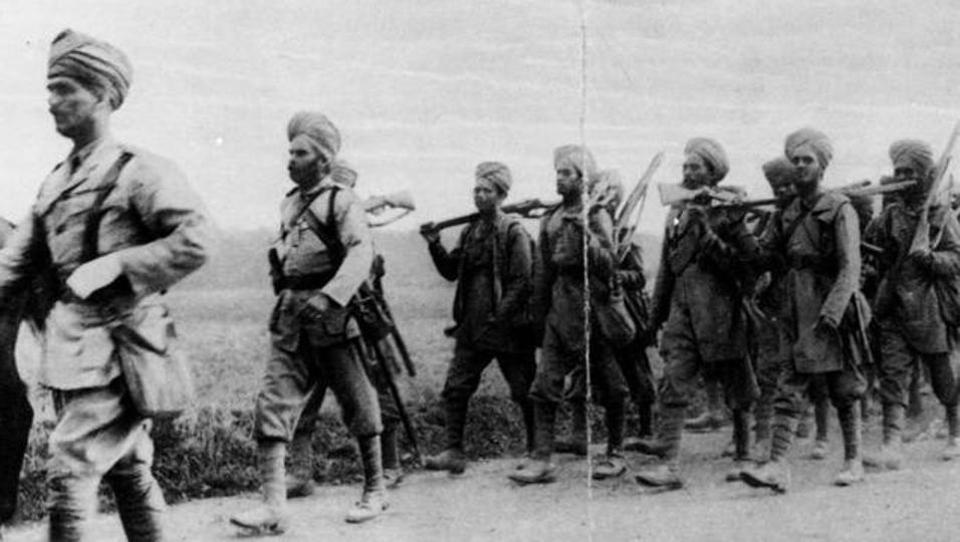The Great War Debate
On the 9th February we visited John Henry Newman Catholic College to be part of a debate which assessed whether The Great War is commemorated in the right manner in England and the UK. After a more physical view of what the war was like, through the presentation of uniforms, guns and other lethal weapons used in the First World War, five experts on this topic led the debate, with several questions asked by students from different schools. I think it was a great experience in order to get an insight into different people’s thoughts and views on the topic. There was, of course, plenty of questions from us, who were keen to challenge the views and opinions of the experts. We looked at the ways other countries commemorate the First World War, and argued whether we do enough to commemorate the war, and everyone who fought in it. It gave me a deeper understanding of what the war really means to countries around the world, and how they continue to remember it even almost 100 years after the armistice was signed. (Abdullah Naveed, 11A)
The trip to John Newman Catholic College informed us about World War 1 and how we view and remember it today. It opened with a very intriguing segment in which we learnt about the different aspects of life in the trenches and how soldiers had to deal with them. It also showed me how much WW1 affected our culture and language to this day. For example, words such as “sneakers” and “chat” came from WW1. The debate was also quite enlightening . The panelists talked about the different people who fought for the allies in WW1 like India as well as some countries in Africa, who they saw as forgotten, especially in countries like England when remembering the tragedies of World War 1. The panelists also informed us about the people who are overlooked when we commemorate the tragedies of WW1, including the children who were hired to replace fighting soldiers in coal mines, some of them as young as 12. Overall, I think that the trip was quite informative, mostly engaging and gave a detailed account of the Great War. (Matthew Baptiste, 11G)











